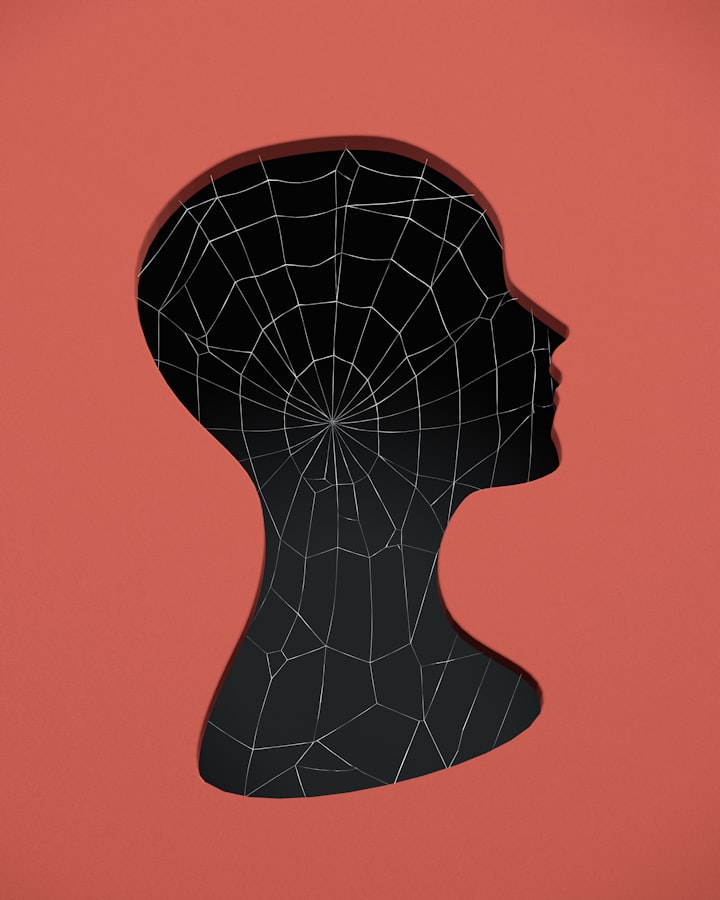The Intricate Relationship Between Sense of Humor and Psychological Thought
Thought

Introduction:
The human mind is a complex landscape of emotions, thoughts, and behaviors. Among the many intriguing aspects of the mind, the sense of humor stands out as a remarkable and multifaceted phenomenon. While we often view humor as a form of entertainment or a social lubricant, its connection to psychological thought runs much deeper. In this article, we will delve into the fascinating relationship between sense of humor and psychological thought, exploring how humor influences cognition, emotions, and mental well-being.
1. Cognitive Aspects of Humor:
Sense of humor is intricately tied to cognitive processes, particularly in how we perceive and process information. Humor often involves the recognition of incongruities, absurdities, or double meanings in language or situations. This cognitive skill, known as "incongruity resolution," requires flexible thinking and the ability to make unexpected connections, leading to the experience of amusement and laughter.
Moreover, humor can enhance cognitive flexibility, creative thinking, and problem-solving abilities. Engaging with humorous content encourages us to think beyond conventional boundaries, stimulating our imagination and fostering divergent thought processes.
2. Coping Mechanism and Emotional Regulation:
Sense of humor serves as a valuable coping mechanism during stressful or challenging situations. Humor allows individuals to reframe negative experiences, reducing their emotional intensity and helping them navigate adversity with greater resilience. By finding humor in difficult circumstances, individuals can distance themselves emotionally from the stressor and adopt a more optimistic outlook.
Additionally, humor facilitates emotional regulation by providing an emotional outlet. Laughing in response to a funny situation or joke releases tension and helps balance emotional responses, contributing to overall emotional well-being.
3. Social Bonding and Communication:
Humor plays a pivotal role in social interactions and communication. Sharing laughter creates a positive and enjoyable social atmosphere, fostering a sense of camaraderie and connection among individuals. It serves as a social lubricant, easing tension, and promoting a sense of belonging within groups.
Moreover, humor can serve as a tool for communication, allowing individuals to convey complex ideas, criticism, or affection in a light-hearted and non-threatening manner. Humorous language also strengthens social bonds and facilitates group cohesion.
4. Self-Enhancing vs. Self-Defeating Humor:
Psychological research distinguishes between two main styles of humor: self-enhancing and self-defeating humor. Self-enhancing humor involves making light of one's own shortcomings and finding amusement in life's challenges. This style of humor is associated with positive psychological outcomes, including increased self-esteem, reduced anxiety, and enhanced subjective well-being.
On the other hand, self-defeating humor involves using humor to ridicule oneself or highlight personal inadequacies. While self-deprecating humor can be seen as endearing in moderation, excessive self-criticism may lead to negative psychological effects, such as diminished self-esteem and increased feelings of inadequacy.
5. Humor and Mental Health:
Numerous studies have demonstrated the positive impact of humor on mental health. Regular engagement in humorous activities has been linked to reduced symptoms of depression and anxiety. Laughter triggers the release of endorphins, promoting feelings of pleasure and relaxation, which can alleviate stress and improve overall mood.
Humor therapy, a growing field in psychology, employs humor as a therapeutic tool to address various mental health concerns. It is used in clinical settings to complement traditional therapeutic approaches and foster emotional healing.
6. Individual Differences in Humor:
While sense of humor is a universal human trait, there are notable individual differences in humor preferences and styles. Some individuals may have a more pronounced appreciation for wordplay and intellectual humor, while others might prefer slapstick comedy or situational humor.
Individual variations in humor can be influenced by personality traits, cultural upbringing, and life experiences. Understanding these differences is crucial in establishing effective communication and avoiding potential misunderstandings.
Conclusion:
Sense of humor is far more than just a source of entertainment; it is intricately connected to various aspects of psychological thought and functioning. From its cognitive influence on creative thinking to its role as a coping mechanism and social bonding tool, humor weaves through the fabric of human psychology. Embracing humor as an integral part of our lives can contribute to improved mental well-being, enriched social connections, and enhanced cognitive flexibility. As we continue to explore the depths of humor's impact on psychological thought, we unlock the potential for greater self-awareness and a deeper understanding of the human experience.





Comments
There are no comments for this story
Be the first to respond and start the conversation.